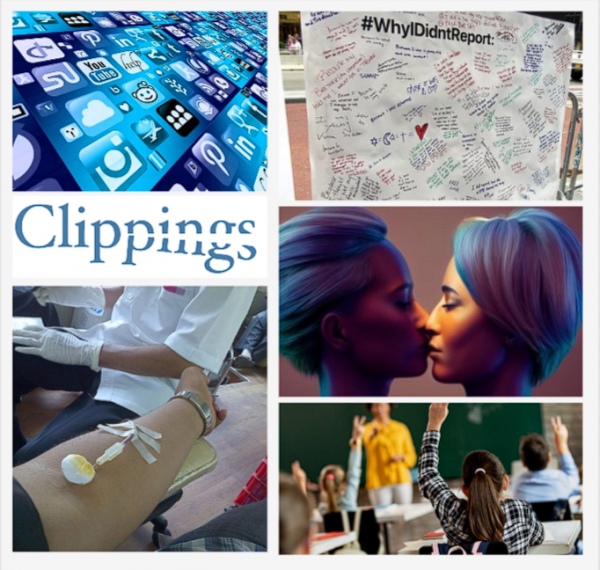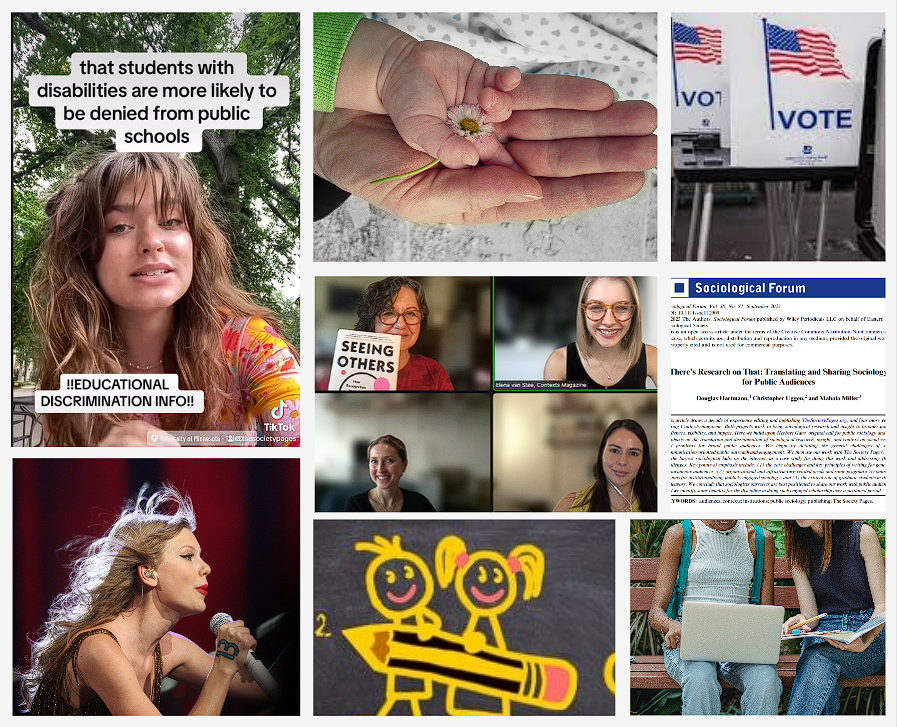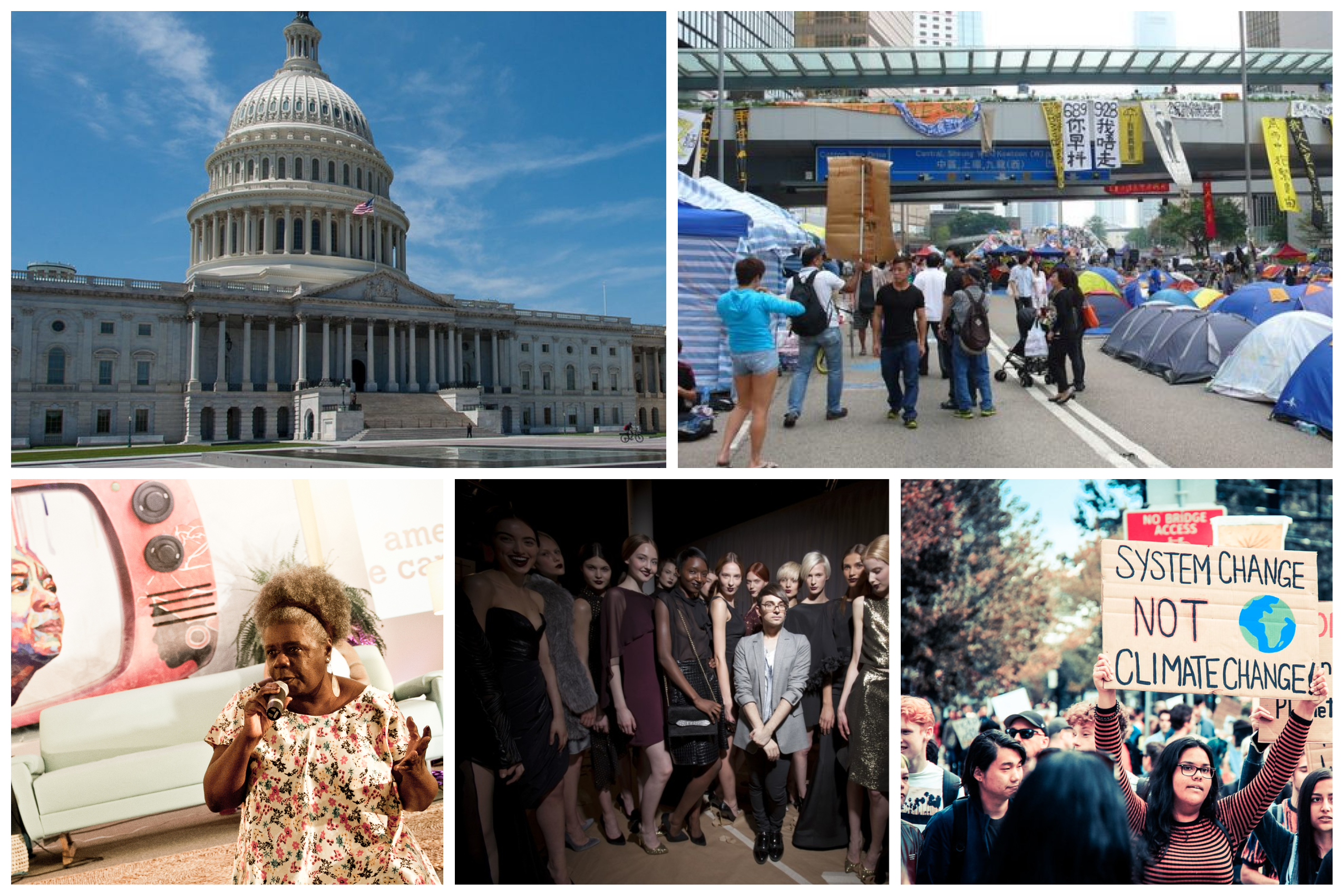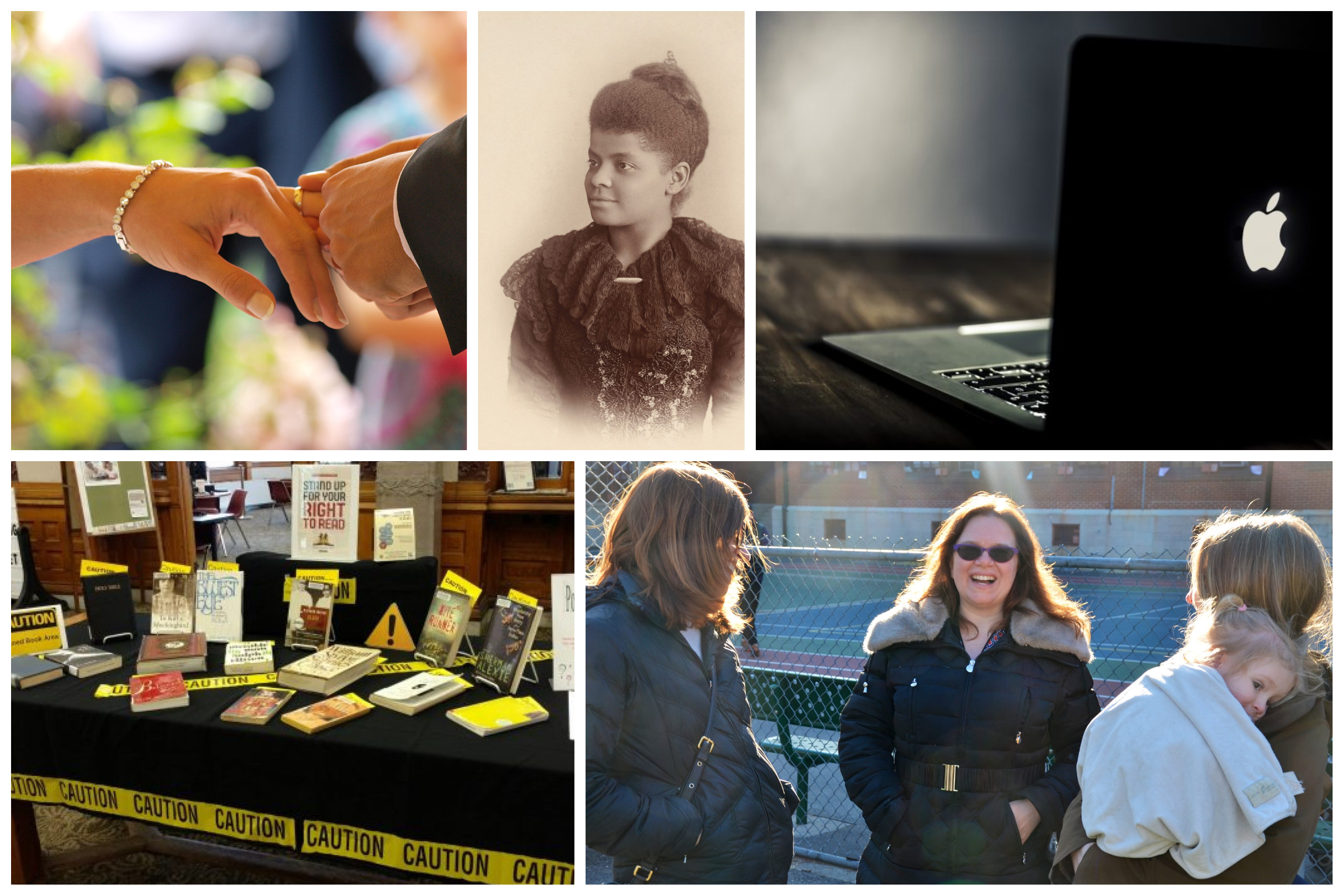
New & Noteworthy
First off (in case you missed it) we are happy to share that Clippings is back – thanks to TSP board member Mallory Harrington! TSP will bring you weekly updates of sociology and sociologists in the news. This week we have Janet Vertesi in The Conversation on NASA and AI-human teams, Matthew Desmond in the ACLU’s podcast At Liberty on poverty, Juliet Schor in NPR’s TED Radio Hour on the four-day workweek, Neil Gross in Time on police reform, and Nicole Gonzalez Van Cleve in WHYY on a police officer charged with over 200 sex crimes.
“Your Tweets, pictures, and messages may be used against you.” Also from Mallory Harrington’s desk, we have a new Discovery on Social Media in Criminal Trials from work by Jeffrey Lane, Fanny A. Ramirez, and Desmond U. Patton. In this piece, we cover how public defenders face many challenges in defending their clients on the social media front.
From the Archives
The current national blood shortage is leaving vulnerable people at risk. Blood donations, sociologists have found, are largely motivated by altruism, empathy, and internal-personal motivations. Click here to read TSP’s “There’s Research on That” on blood donation by Jillian LaBranche.
Sexual assault rates are typically high during the beginning of the school year and this time (August-November) is known as the “Red Zone”. Reporting these sexual charges is usually left to victims, but the act of reporting a sexual assault can subject victims to risks. Read our Discovery Counting the Cost of Reporting Sexual Assault by Amber Joy Powell on work in Sociological Science.
More from our Partners & Community Pages
Contexts has two new pieces for you to read:
- Bonnie Siegler and Greer Mellon wrote about their research on the presence of anti-Asian biases of White parents’ school preferences for their children.
- Rose Xueqing Zhang wrote about attachment styles and memories of past relationships shaping how we think about current relationships.
Council on Contemporary Families published:
- Mari Tarantino and Tyler Jamison shared findings from their research from interviews with lesbian, gay, and bisexual young adults on how they navigated and managed their relationships.









